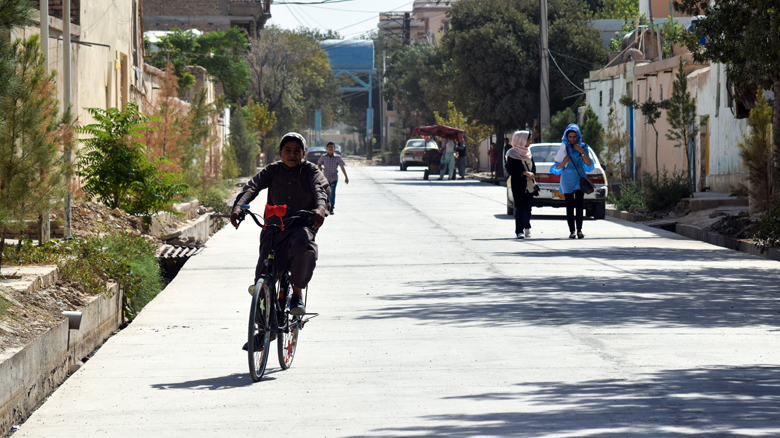Challenge
As a country in conflict, Afghanistan faces many challenges including insecurity, corruption, lack of capacity to deliver services, low level of trust citizens have in the government and its ability to meet their basic needs. Most of the country’s population live in rural villages and face various challenges such as lack of health services, poor quality education, minimal access to power, poor water facilities, lack of economic opportunities and others.
Approach
CCAP is the first inter-ministerial program where Ministries collaborate on a single program in both rural and urban areas. The Ministry of Finance (MoF) chairs the government’s working group on Citizens’ Charter with the ministry of Rural Rehabilitation and Development (MRRD) and the Independent Directorate of Local Governance (IDLG) as lead implementing agencies for the rural and urban components respectively. The working group also consists of the Ministry of Education, Ministry of Public Health, and Ministry of Agriculture, Irrigation and Livestock. The Citizens’ Charter contributes to the government’s long-term goals of reducing poverty and deepening the relationship between citizens and the state.
--------------------------------------------------------------------------------------------------------------------------------
"The concern in our residential area was the mud and dirty stagnant water in the lanes. As there is no recreational park near us, sometimes the children play games in the streets and fall ill as a result. Thanks to Citizens' Charter helping us pave our lanes, that problem is being resolved for all the residents."
Gul Ahmad, resident of Mazar-e-Sharif city
--------------------------------------------------------------------------------------------------------------------------------

The program, a successor to the successful National Solidarity Program (NSP), uses a community-driven development (CDD) approach to delivery services and increase citizen satisfaction and trust in government.
CDC members are village representatives, elected through a neighborhood-level secret ballot voting system.
The CCAP’s decentralized electoral process ensures representation of all neighborhoods, as well as greater women voter turnout (as ballot boxes are put in each neighborhood to improve access for women), and inspires the participation of poor, excluded, and young people that were not previously able to be elected.
Community-led functions and decisions, guided by CDCs, include planning, building and rehabilitating projects, monitoring progress, and ensuring the Government’s provision of services.
A key element to the current program’s success is the use of community-led social mobilization processes and participatory exercises to promote a pro-poor environment and prevent elite capture of public resources.